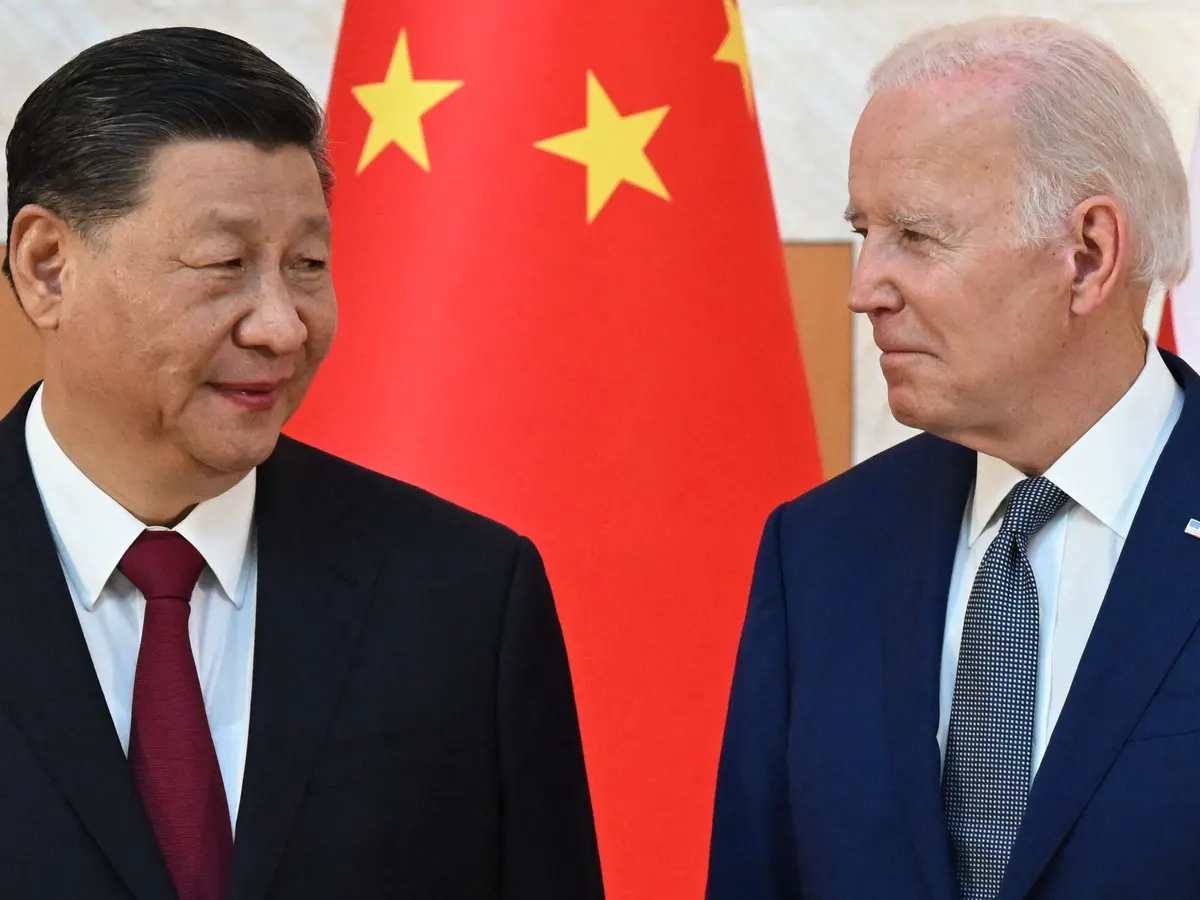Introduction:
In a significant move, China has announced measures excluded to U.S. microprocessors from Intel and AMD in government computers and servers. This decision, reported by the Financial Times, marks a notable shift in China’s semiconductor strategy and raises questions about its implications for global technology relations.
This development underscores China’s ongoing efforts to enhance its technological sovereignty and reduce dependence on foreign technology, particularly from the United States. The implications of this decision, both for China’s domestic technology industry and for international relations, are profound.
Follow us on Linkedin for everything around Semiconductors & AI
Background:
China’s push to reduce reliance on foreign technology is not new. The country has long sought to bolster its domestic semiconductor and software industries, such as viewing technological self-sufficiency as crucial for national security and economic development.
The policy targets government agencies above a township level. The guidelines encourage prioritizing “safe and reliable” domestic processors and operating systems in purchases. This policy came to light in December 2023, and Chinese officials have reportedly begun following it.
However, recent geopolitical tensions, particularly with the United States, have accelerated these efforts.
Read More:Did Micron Just Shock Analysts with a $204 Million Operating Income Beat? – techovedas
Details of the Guidelines:
According to reports, China’s industry ministry issued guidelines that instruct government agencies above the township level to prioritize domestically produced processors, operating systems, and database software.
Moreover, these guidelines emphasize the importance of “safe and reliable” technology, setting criteria that favor Chinese alternatives over their American counterparts.
The guidelines specifically target U.S. microprocessors from Intel and AMD, two major players in the global semiconductor market.
By phasing out these chips from government computers and servers, China aims to bolster its domestic semiconductor industry and reduce reliance on American technology.
Similarly, the move to sideline Microsoft’s Windows operating system in favor of domestic options reflects China’s ambition to develop indigenous software solutions.
Read More: What’s the Dynamic Relationship Between Elon Musk’s Ventures and NVIDIA – techovedas
Implications:
Economic Impact: China’s shift away from U.S. technology could have significant economic implications for American semiconductor companies like Intel and AMD, as well as software giants like Microsoft. The loss of the Chinese market, one of the largest in the world, could affect their revenues and market share.
Technological Sovereignty: By promoting domestic alternatives, China seeks to assert greater control over its technological infrastructure. Moreover,this move aligns with broader efforts to enhance technological sovereignty and reduce vulnerability to foreign interference.
Geopolitical Tensions: The decision to phase out U.S. technology comes amid escalating geopolitical tensions between China and the United States. This move could further strain bilateral relations and exacerbate concerns about technology decoupling between the world’s two largest economies.
Opportunities for Chinese Tech Firms: China’s embrace of domestic technology presents opportunities for homegrown semiconductor and software companies to expand their market share and innovation capabilities. This could accelerate the development of a vibrant domestic tech ecosystem.
Responses:
U.S. Government: The Biden administration’s 2022 CHIPS and Science Act reflects America’s own efforts to boost domestic semiconductor production and reduce reliance on foreign suppliers. The U.S. government may respond to China’s actions with policies aimed at safeguarding American technological leadership.
Industry Reaction: Companies like Intel, AMD, and Microsoft are likely to assess the impact of China’s guidelines on their business operations and explore strategies to mitigate any adverse effects.Moreover, this could involve diversifying their customer base or accelerating innovation efforts to maintain competitiveness.
Read More: –5nm Chips: Huawei Tests Brute Force Method to Circumvent US Restrictions – techovedas
Conclusion:
China’s move to phase out U.S. microprocessors and software from government systems underscores the country’s determination to achieve technological self-reliance and reduce dependence on foreign technology. Intel and AMD Excluded from Government Computers while this decision has immediate implications for American companies and bilateral relations, its long-term consequences extend to global technological competition and geopolitical dynamics. As China continues to assert its position in the global tech landscape, such as the implications of its policies will reverberate across industries and international relations.




